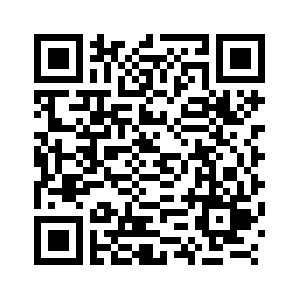NAIROBI, Sept. 28 (Xinhua) -- China's Shenzhen Solar Run Energy Co. Limited and Nairobi-based Mama Layla Solar Lights in Kenya on Tuesday partnered to roll out solar-powered tablets, or "solar media" that are designed to empower marginalized communities.
Li Xia, founder and chief executive officer (CEO) of the Shenzhen-based company in south China's Guangdong Province, said that the solar media gadget comes with preloaded content in education, agriculture, health and skills development sectors that can be accessed by households without electricity and internet access.
"In the next three years, we hope to distribute the solar media to 50,000 household beneficiaries who will be empowered to boost their incomes and standards of living," Li said at Shelter Children's Home in Ngong town, about 30 km southwest of Nairobi, the capital of Kenya.
Li said that Shelter Children's Home which hosts 150 orphans and vulnerable children has successfully demonstrated the benefits of the solar media product. She revealed that the device consists of three solar bulbs and a mobile phone charger that can be used by homes and villages in rural areas.
She noted that the tablet is a revolutionary product that aims to help African countries solve the issue of lack of information for last-mile communities due to lack of access to the internet and electricity.
Hanif Ahmed Poona, CEO of Mama Layla Solar Lights, said that under the partnership his organization will provide content for the devices that are suited to local conditions and cultures.
"We will translate the content to local languages so that communities can understand the information contained in the gadget," Poona added.
He observed that the partnership with the Chinese company is ideal because it produces devices targeting the bottom of the pyramid with the latest technology.
"The devices are quality products that tap into Kenya's abundant solar energy to give access to knowledge and information to last-mile communities," Poona said.
Michael Arochi, a teacher at the Shelter Children's Home, said that the solar media device will provide learners from marginalized communities with updated educational content.
"Children without access to the internet and electricity will have the benefit of digital learning using solar technology," he added.
Jamlick Mutwiri Kimathi, a 32-year-old farm supervisor, said that he plans to improve his beekeeping skills from the information contained in the solar media device. The father of one said that the solar-powered tablet will enable him to undertake honey production as a commercial enterprise. ■



